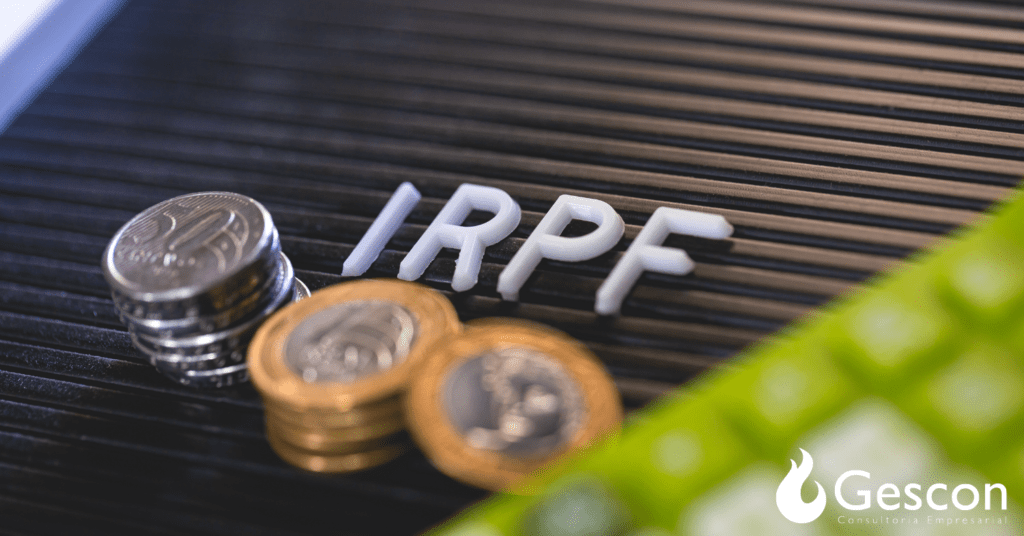Address
304 North Cardinal St.
Dorchester Center, MA 02124
Work Hours
Monday to Friday: 7AM - 7PM
Weekend: 10AM - 5PM
Address
304 North Cardinal St.
Dorchester Center, MA 02124
Work Hours
Monday to Friday: 7AM - 7PM
Weekend: 10AM - 5PM


Income tax is a reality in the lives of many Brazilians, but not everyone fully understands its importance and how it works. In this article, we will explore the fundamentals of income tax in Brazil, who needs to file a declaration, and why it is crucial to stay up-to-date with your fiscal obligations.
What is Income Tax?
Income tax is a levy imposed by the government on the earnings of individuals and businesses. In Brazil, it is applied progressively, meaning that the higher the income, the higher the applicable tax rate. The Income Tax Declaration is how the taxpayer informs the Federal Revenue about their income and assets, enabling the correct calculation of the amount to be paid or refunded.

Who needs to file a declaration?
Not all citizens are obligated to file an income tax declaration. The rules stipulate that those who had earnings above a certain threshold in the previous year, along with other criteria such as ownership of assets above a certain limit and specific activities, must file. Self-employed professionals, business owners, salaried workers, and investors may fall under these requirements, making the declaration an annual responsibility.
Why is it important to stay up-to-date with fiscal obligations?
Being current with fiscal obligations, including filing the income tax declaration, is crucial for several reasons. Firstly, failure to comply with tax obligations can result in fines and penalties, compromising the taxpayer’s budget. Additionally, having a timely declaration allows easier access to social benefits, financing, and loans, as it proves fiscal regularity.
Furthermore, the Federal Revenue uses the information from the declaration to monitor and combat tax evasion, contributing to a fairer and more equitable tax system.
Understanding the importance of income tax in Brazil goes beyond fulfilling a legal obligation. It is a practice that directly impacts the financial life of the taxpayer and contributes to the proper functioning of the country’s tax system. Therefore, being informed and up-to-date with fiscal obligations is fundamental to ensure a healthy relationship with personal finances and the state.